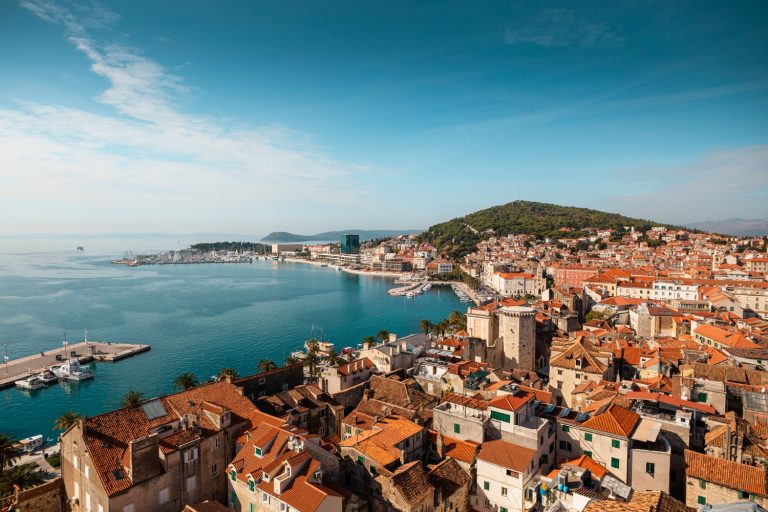Croatia was again the most popular summer holiday destination for Czechs this summer. According to data released by the Foreign Ministry, about 800,000 Czechs were there.
Last year also, Czech citizens most often spent their summer holiday in Croatia, followed by Greece and Italy.
The ministry has not yet released which other foreign countries were the most popular summer destinations for Czechs this year, though It noted that Poland has emerged as a newly discovered destination in recent years.
The data from mid-June to mid-September show that about 300 Czechs were arrested abroad during the summer season, most of them in London (47), Warsaw (41) and Zagreb (39). Almost 50 of these arrests were related to drug offences.
Czech embassies and other diplomatic offices abroad issued 776 replacement travel documents, most often in Paris (72), Rome (69) and Madrid (55).
Nearly half of the cases of the 384 Czechs who became victims of crime occurred in Rome.
There were 123 Czech citizens treated in hospitals abroad, most often Zagreb (16), Oslo (14), and Sofia (14). Zagreb was also the foreign city where the highest number of Czechs died (17); the total number of deaths abroad was 155, with 32 Czech citizens reported missing.
The Foreign Ministry considers the Drozd travel online system to be essential for passing information to Czechs abroad. During this summer season, 18,314 SMS and 12,345 e-mails were sent via this system, and the number of registered travellers was 186,554. The highest number of registrations was for Greece, Egypt, Turkey, Tunisia and Croatia. At the beginning of the season, a mobile version of Drozd was launched in the Citizen Portal.
This summer, too, consular offices were temporarily established in Rijeka and Split, Croatia, and Burgas, Bulgaria, and the honorary consulate in Barcelona was reinforced. Reinforcements were also sent to Paris during the Summer Olympics.
In Bulgaria and Croatia, Czech police officers were again deployed in joint patrols. They cooperated with Croatian colleagues in Sibenik, Omis and Vodice, and with Bulgarian colleagues in Nesebar and Primorsko.
“They have been instrumental in dealing with a number of consular cases, particularly lost documents, thefts and traffic accidents. They also facilitated quick contact with local police authorities and rescue services,” the ministry said.







